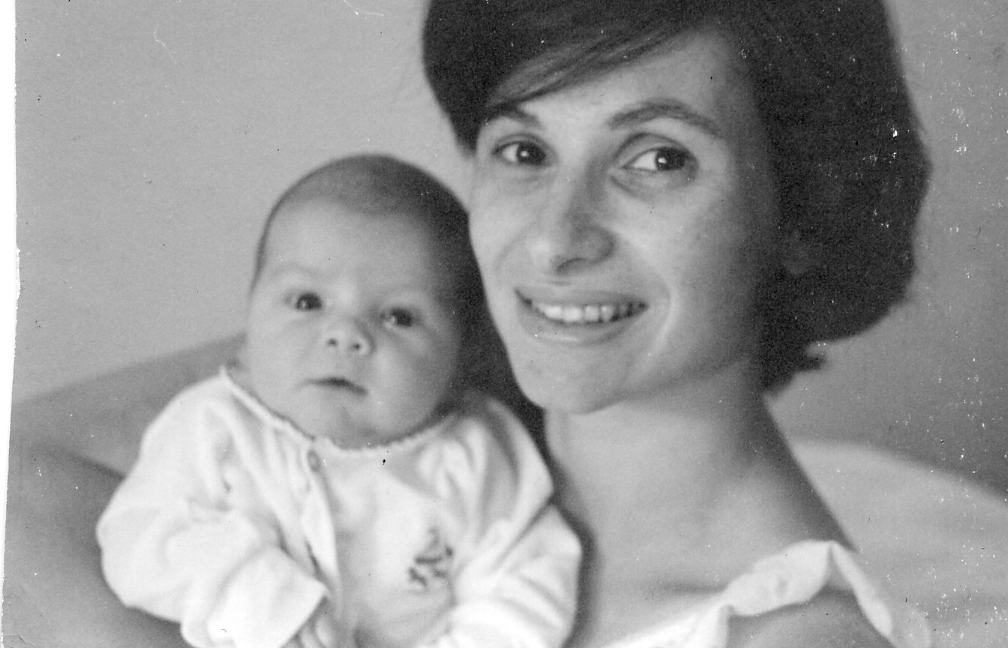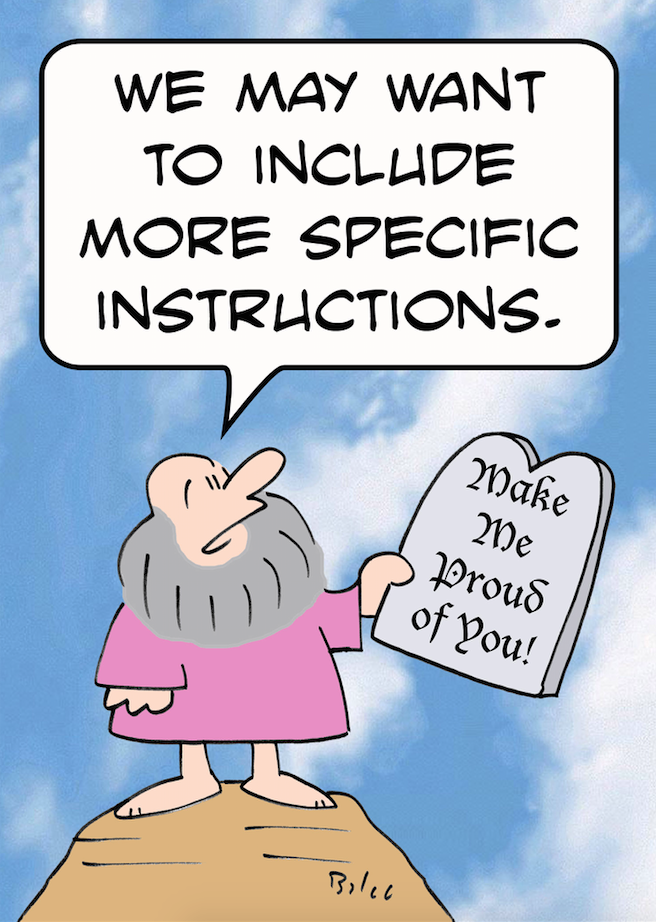
My father and my daughter, 2004.
Daniel Klein
3.jpg)
Videos:
What Is Liberalism? Debate w/ Helena Rosenblatt, PPT file
Sympathetic Deftness in Work and Employment: Adam Smith and Human Resources
The Demand for and Supply of Assurance
Who is Adam Smith's 'impartial spectator'?
Why Do Government Officials Believe in the Goodness of Bad Policy?
David Hume Liberal Political Theory
Niche Libertarianism: A Critique
Esotericism and Liberalism 1.0
Adam Smith's Commutative, Distributive, and Estimative Justice
Liberalism 1.0: The Genealogy of Adam Smith's Liberalism
Property/ownership NOT a BUNDLE
Divided Brain and Classical Liberalism
Ought as an Is (on pos-norm distinction)
I am Professor of Economics and JIN Chair at the Mercatus Center, George Mason University. I hold degrees from George Mason University and New York University, where in both cases I studied the classical liberal traditions of economics. My teaching focuses on economic principles, public policy issues, and the liberal tradition of Adam Smith and Friedrich Hayek.
I've published research on policy issues including toll roads, urban transit, auto emission, credit reporting, and the Food and Drug Administration. I've also written on spontaneous order, coordinaton, the discovery of opportunity, the demand and supply of assurance, why government officials believe in the goodness of bad policy, why people favor government intervention more than they should, and the relationship between liberty, dignity, and responsibility. Here is a short intellectual biography, of sorts.
Lately my research dwells on Adam Smith. Here is an interview on Adam Smith (11 min). Russ Roberts and I produced a multipart audio book club on The Theory of Moral Sentiments. Also, here is an introductory lecture on Smith's ethical vision. And here is a podcast on my book Knowledge and Coordination: A Liberal Interpretation. Here is 30 min Youtube on the book. Here is a positive review of the book.
With Erik Matson, I lead the Adam Smith Program at GMU Econ, including field exam in Smithian Political Economy (SPE) and teach the first course in the Smithian course sequence. Also, I lead an Invisible Hand Seminar for graduate students and the Adam Smith Reading Group.
Erik and I are co-directors of CL Press. We also lead a column called Just Sentiments at Adam Smith Works.
I am co-editor of a project on Smith, Hume, Liberalism, and Esotericism.
I am the chief editor of Econ Journal Watch, an online journal dedicated to economic criticism from a Smith-Hayek viewpoint. I've contributed several papers on the character heterogeneity of economists. I push the point that the cleavages in character run deeper than is usually acknowledged. Like Gunnar Myrdal, I think that deep-seated ideological sensibilities play a role in one's purpose, basic formulations, and judgment throughout, and that candid communication calls for openness about own ideological sensibilities. My sensibilities are classical liberal/pragmatic libertarian.
I've lately done work on liberalism, including Lost Language, Lost Liberalism, The Origin of 'Liberalism,' Liberalism Unrelinquished, and A Plea Regarding 'Liberal.' Here is a video on the semantic history of liberalism (20 min). Here is a manifesto for understanding classical liberalism.
I have published several studies on the ideology of faculty in the social sciences and humanities.
I am the coauthor (with Adrian Moore and Binyam Reja) of Curb Rights: A Foundation for Free Enterprise in Urban Transit, editor of Reputation: Studies in the Voluntary Elicitation of Good Conduct, and editor of What Do Economists Contribute? I co-edited with Fred Foldvary a book The Half-Life of Policy Rationales: How New Technology Affects Old Policy Issues. My 2012 book is entitled Knowledge and Coordination: A Liberal Interpretation.
I spend several months every year in Stockholm, where I am affiliated with the Ratio Institute.
Here are links to my stuff.

My mother and my younger brother, 1965.
(Concept DK, production John Stephens)
"[T]he core of all morality, according to Smith, is the relationship between our empirical self of action and the ideal impartial spectator towards whom our conscience is striving" (Haakonssen 1996, 146).
